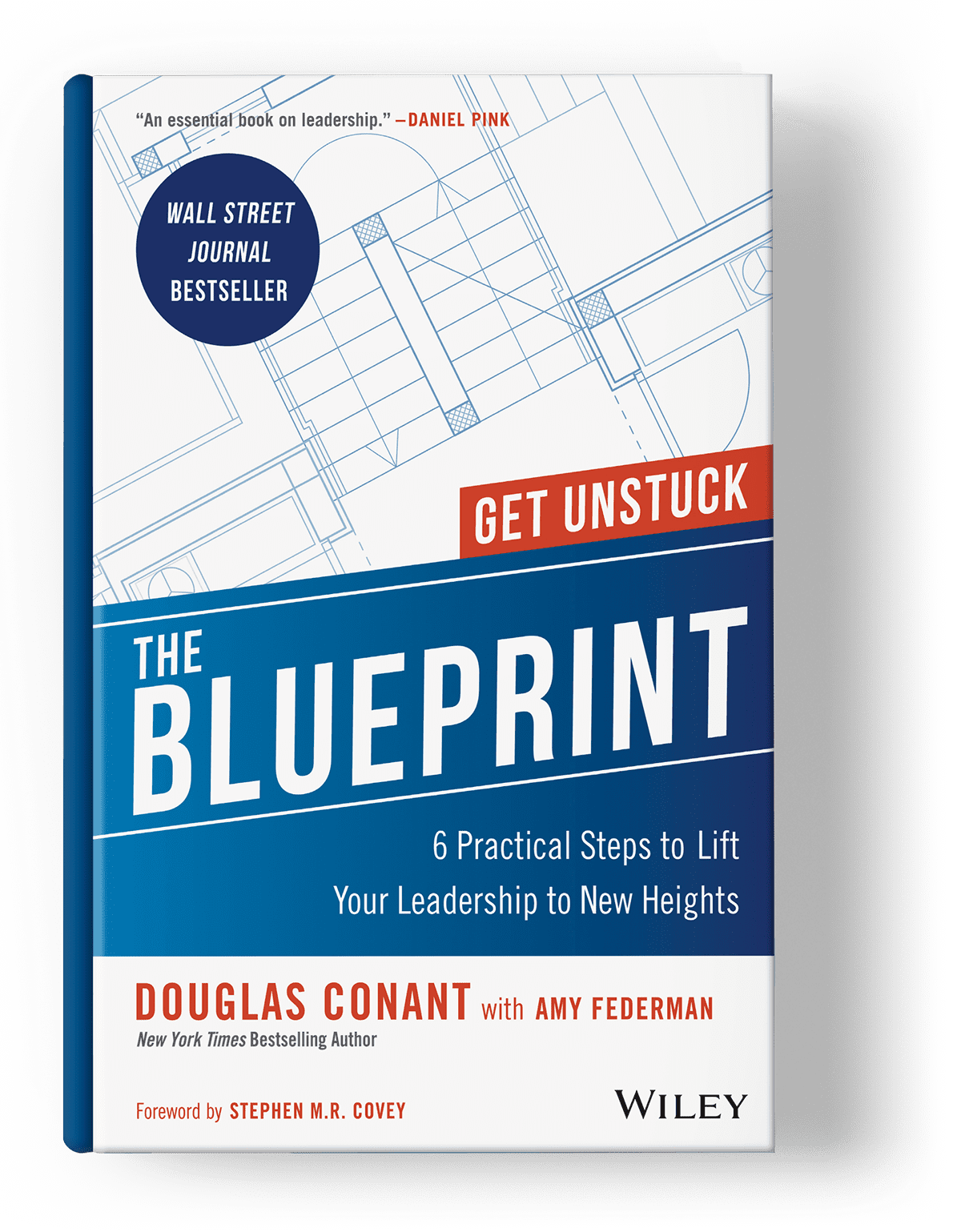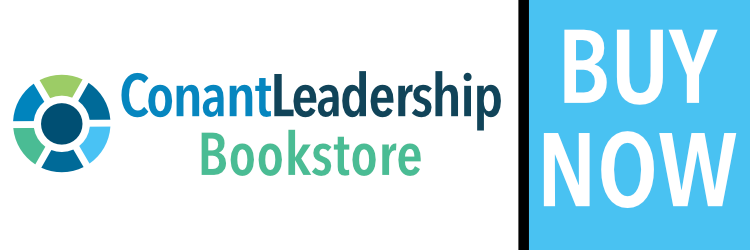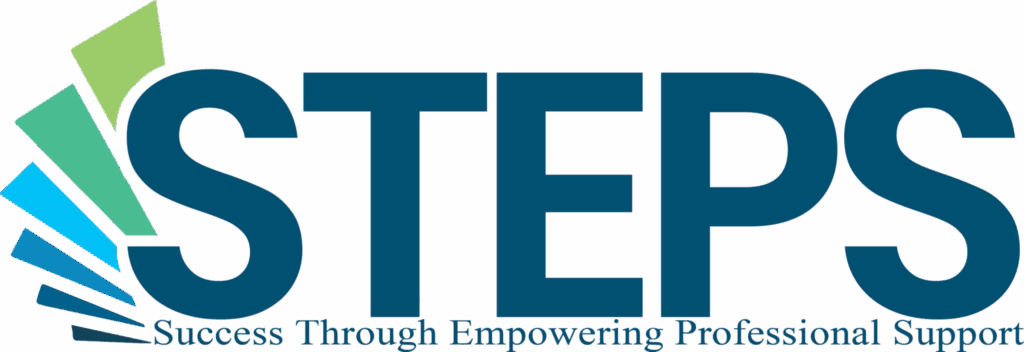The Best Leadership Links to Read Right Now
Today we dispatched the February 2021 edition of our Leadership That Works Newsletter, a curated digest of the best leadership links from around the web, sent at the end of each month. Topics covered in this month’s best leadership links to read right now: Forget perfection, rethink “imposter syndrome,” cultivate psychological safety, and more. As always, we’re sharing the articles from our newsletter here in case you’re not subscribed to our mailing list. If you find these links enriching, you can sign up to receive our newsletter here.
3 Commitments for Boards to Advance Racial Justice |
As the urgent need to end systemic racism is coming more to the forefront of corporate agendas, “there is growing recognition of the need to transform this moment of racial reckoning into a broader racial justice movement that uproots and fundamentally alters the very systems and practices that have allowed racial inequity to persist in the workplace, the marketplace, and our communities,” write the authors of this smart and actionable piece in strategy+business. Organizations will not be able to live up to their bold promises around racial justice “without deep engagement from their board of directors,” but a gap persists between company leaders and their boards on this front. To close the gap, there are three explicit commitments “that can provide the basis for ongoing and deep investment from board directors,” and can create the necessary engagement to “resist the status quo.” Commitment #1? A racially inclusive board. Read all three commitments here.
Forget Perfection |
“Perfectionism and the fear of failure go hand in hand,” writes the author of this wise piece in The Atlantic about honing the courage to make mistakes. It continues: “Surprisingly, people who fear failure do not need to extinguish the fear itself,” but rather they need to focus on developing—and tapping into—their reserves of courage so they are able to tame fear and take action. “Facing the fear of failure is more than just dealing with a problem; it is an opportunity to grow in virtue,” so you can release perfectionism’s stranglehold on your life (and leadership) and advance towards your goals. Read the author’s three practices for facing uncertainty, growing more courageous, and forgetting perfection here.
**For more on this topic, Doug Conant’s book, The Blueprint, features the axiom “Forget Perfection” as one of its central rallying cries and contains an entire chapter on developing the virtue of courage: conantleadership.com/blueprint
Confidence Doesn’t Mean Competence |
“We often falsely equate confidence—most often, the type demonstrated by white male leaders—with competence and leadership,” but, “the same systems that reward confidence in male leaders, even if they’re incompetent, punish white women for lacking confidence, women of color for showing too much of it, and all women for demonstrating it in a way that’s deemed unacceptable,” write the authors of this powerful Harvard Business Review piece: “Stop Telling Women They Have Imposter Syndrome.” The concept of “imposter syndrome,” takes somewhat universal feelings of “discomfort, second-guessing, and mild anxiety in the workplace,” and pathologizes it, “especially for women.” This creates the belief that it is women and their “syndrome” that need fixing, when it is really workplaces that need to be improved. “Leaders must create a culture for women and people of color that addresses systemic bias and racism,” in order to “reduce the experiences that culminate in so-called imposter syndrome,” or at least help employees “channel healthy self-doubt into positive motivation.” Read the full article here.
**For an engaging and immersive leadership development experience that generates self-discovery and “aha moments,” join us at The BLUEPRINT Boot Camp by ConantLeadership,a 2-day leadership intensive which offers elite-level, highly interactive training with a community of your leadership peers: conantleadership.com/bootcamp
“Before the COVID-19 pandemic, most employees despaired of the number of meetings they had,” and “the pandemic has amplified this suffering,” says this SmartBrief explainer on holding better meetings. A litany of meetings that feel unproductive and energy-zapping are “damaging to body, mind, and spirit,” but it doesn’t have to be this way—there are “better meeting methods” which can alleviate stress and despair. One fix is sharpening your “desired outcome statement” for any particular meeting. Research shows that meetings with a clear agenda “met their intended goals 93% of the time,” and a good agenda is “a roadmap,” which includes “the purpose, desired outcomes,” and clarity around time and resources. Focusing on desired outcomes reframes the meeting agenda from “what we aim to speak about” to “what we aim to achieve.” Try this and the other tips for fixing broken meetings outlined here.
**For more on this topic, check out our “CEO Manifesto for Better Meetings.“
January’s Leadership That Works Newsletter
In last month’s newsletter: Beat WFH burnout, fix your focus, learn to speak up, and more. Dig into the full link roundup here.
More from ConantLeadership:
Five Fundamentals of Effective Crisis Leadership
The Power of a Leadership Foundation
The Valuable Investment of Leadership Development
Enjoyed these links? Explore our suite of leadership resources here, sign up for one of our 2021 virtual BLUEPRINT Boot Camps here, or join our mailing list here.
(Cover Photo by KS KYUNG on Unsplash)
 JOIN US AT THE BLUEPRINT LEADERSHIP SUMMIT
JOIN US AT THE BLUEPRINT LEADERSHIP SUMMIT
A meeting of top leadership minds and luminaries from across the business space.
MARCH 8 – 12 | 1PM – 2:15 PM ET DAILY
This week-long special event is FREE to ALL
Register here:
https://start.conantleadership.com/blueprint-leadership-summit/

“Doug Conant is remarkable—and so is this work.“
– Stephen M. R. Covey
Author of The Speed of Trust

The Blueprint
6 Practical Steps to Lift Your Leadership to New Heights
By Douglas Conant with Amy Federman

Have Doug Speak at Your Event
Doug works collaboratively with event organizers to customize his material for each audience.




0 Comments